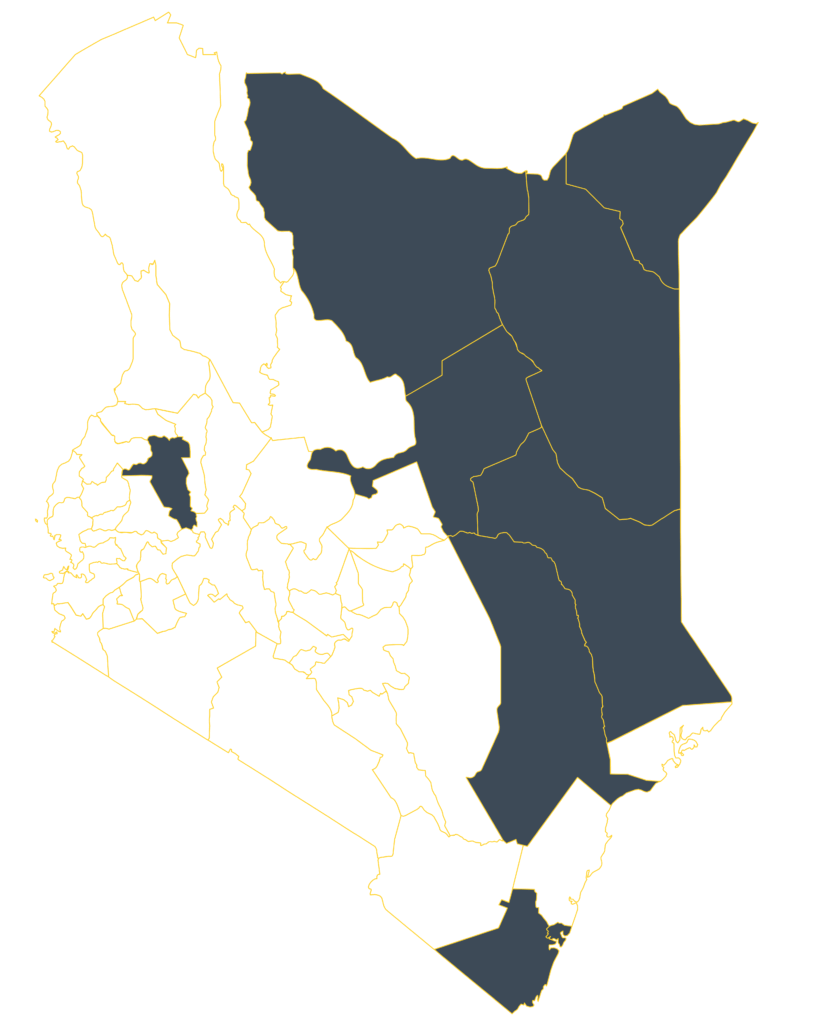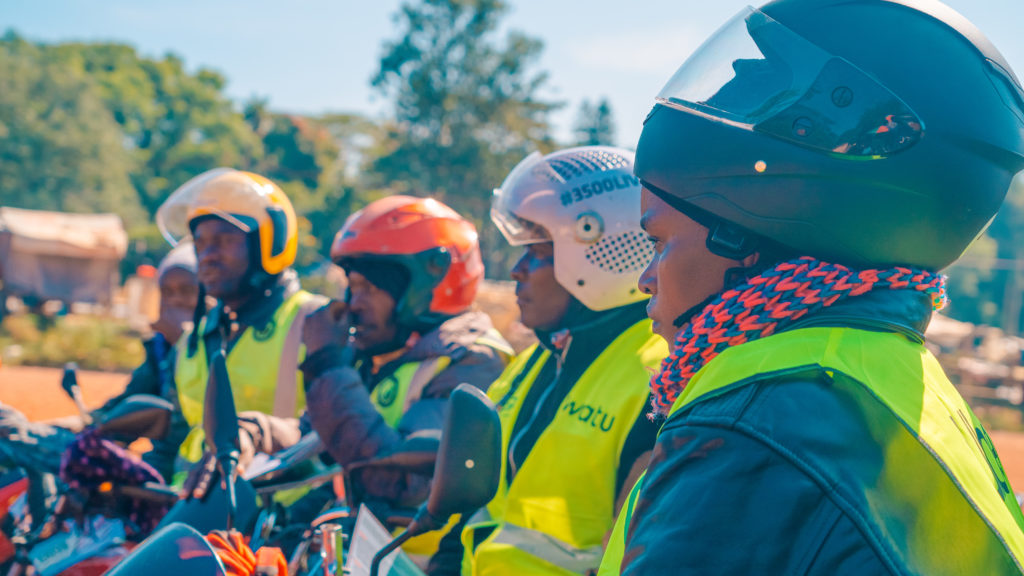KENYA
BACKGROUND AND CONTEXT
Violent extremism (VE) has posed a heightened threat to Kenya since the late 1990s, when Al-Qaeda bombed the United States Embassy in Nairobi. Whilst larger attacks have occurred less regularly in recent years, there remain frequent smaller-scale incidents and attacks in Coastal and North-Eastern Kenya.
In Kenya, the drivers behind violent extremism are complex, but three of the most widely identified are: youth unemployment, perceived marginalisation and relationship with security actors. GCERF began investing in the country in 2018 and till date USD 13 million has been invested to address these drivers of violent extremism.
OUR INVESTMENT STRATEGY IN KENYA
The primary objectives of GCERF’s investment are:
- supporting the implementation of the National Strategy to Prevent and Counter Violent Extremism (NSPCVE) at the county level
- strengthening the coordination and capacity of County Engagement Forums*
- rehabilitation and reintegration (R&R) of disengaged former members of violent extremist organisations
- enhancing engagement between community members and authorities
To achieve these objectives, GCERF funds programmes that:
Improve mental health and well-being of individuals who have disengaged from violent extremist groups and increase their acceptance
Provide skills and sustainable income to women and youth for strengthening their economic resilience against violent extremism
Improve trust and relationship between community members and state actors
KEY FIGURES
(cumulative from 2018 to March 2025)
AREAS WHERE WE WORK
The Coast (Kwale, Lamu, Mombasa, Tana River), Northern and Northeastern (Garissa, Isiolo, Mandera, Marsabit, Wajir), Uasin Gishu

Newsletter

Sustainable Development Goals

Peace, Justice & Strong Institution
No Poverty

Quality Education

Gender Equality

Decent Work & Economic Growth

Reduced Inequalities


